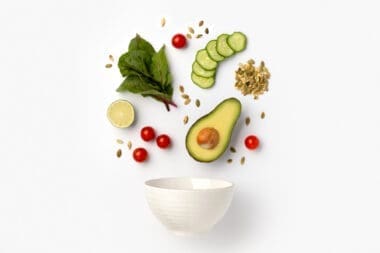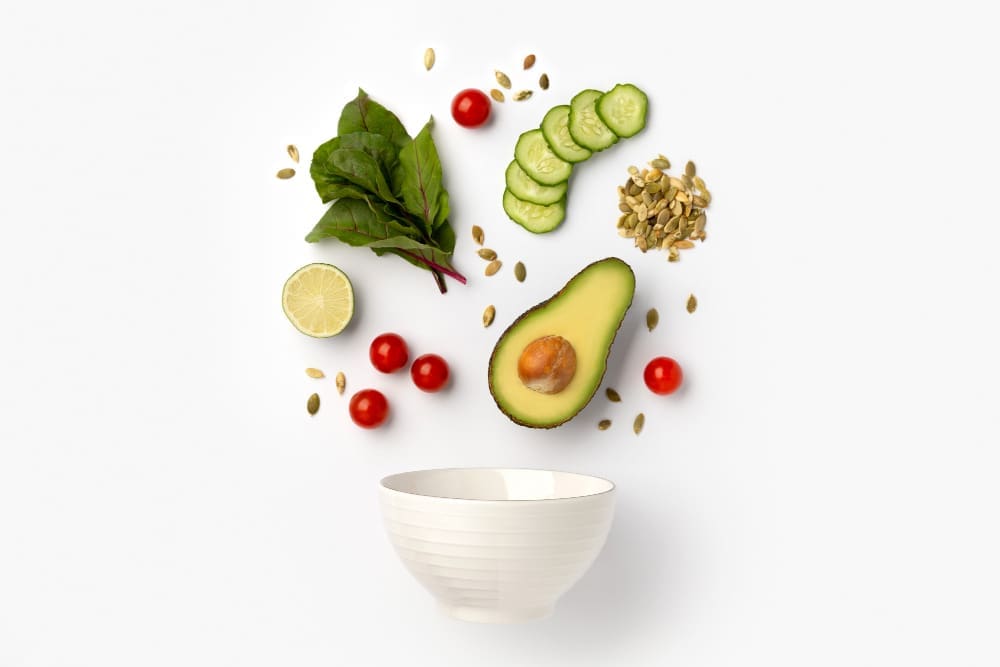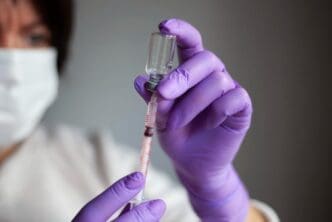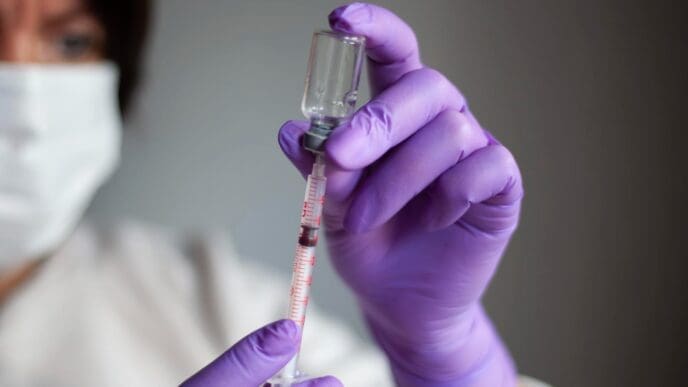Emerging evidence continues to highlight the complex relationship between diet and cancer risk. Recent studies focus on how specific dietary choices can either mitigate or increase the risk of cancer, emphasizing colorectal and head and neck cancers.
Understanding the impact of dietary elements like calcium-rich foods, fiber, and coffee on cancer risk can guide individuals towards healthier lifestyle choices. While some foods offer protective benefits, others might contribute to increased cancer susceptibility.
Calcium’s Role in Lowering Colorectal Cancer Risk
A study emphasized the importance of calcium intake in reducing colorectal cancer risk. Conducted by the University of Oxford, it analyzed data from over 542,000 participants. It concluded that individuals consuming an extra glass of milk or 300 mg of calcium daily had a 17% lower risk of developing colorectal cancer.
Fiber-Rich Foods and Their Protective Mechanism
Research highlights that fiber-rich foods such as vegetables and whole grains play a role in cancer prevention. The study published in Nature Metabolism explains that gut bacteria break down plant fibers into short-chain fatty acids. These acids have been shown to influence gene expression, potentially reducing cancer risk.
Impact of Coffee on Head and Neck Cancer
New findings suggest that increased coffee consumption may lower head and neck cancer risk. Data from the International Head and Neck Cancer Epidemiology Consortium indicates that drinking over four cups of coffee daily correlates with a reduced incidence of these cancers.
Understanding the Mediterranean Diet’s Benefits
The Mediterranean diet, rich in fruits and vegetables, is associated with a lower cancer risk. This diet emphasizes plant-based foods, healthy fats, and lean proteins, providing a balanced approach to nutrition.
Red and Processed Meats: A Cancer Risk Factor
Consuming red and processed meats has been linked to an increased risk of many cancers, including breast and colorectal cancer. Studies advocate for limiting intake of these meats to reduce cancer risk factors.
The Complex Interplay of Diet and Cancer
The correlation between diet and cancer involves multiple factors and requires a nuanced understanding. Each person’s risk may vary, influenced by genetic and environmental components.
Guidelines for a Cancer-Protective Diet
Incorporating various protective foods into one’s diet can promote better health. Emphasizing fruits, vegetables, and whole grains while being mindful of meat intake aligns with cancer prevention strategies.
Current Research and Future Directions
Ongoing studies aim to unravel the intricate links between specific foods and cancer. Researchers continue to explore how dietary modifications can impact cancer prognosis.
Maintaining Perspective on Dietary Studies
While dietary studies offer valuable insights, it’s crucial to maintain perspective. Results can vary and should be interpreted with an understanding of broader health contexts.
Diet plays a significant role in cancer risk, as recent studies highlight. While no diet guarantees prevention, informed choices can mitigate risks and support overall health. Maintaining a balance between protective and risk-enhancing foods is crucial.












